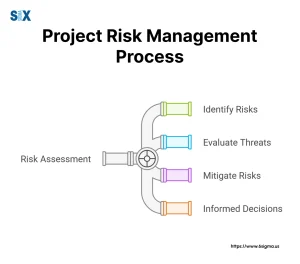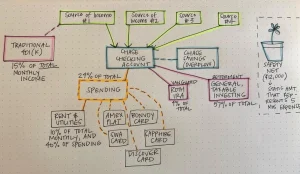
As a finance associate, you’ll help the business department by identifying new investment opportunities and negotiating the financial aspects of mergers and acquisitions. In addition, you’ll review data to support corporate financial decisions, and you’ll be expected to comply with industry standards. Depending on your skills and experience, you can increase your salary and advance your career.
You’ll also need strong interpersonal and communication skills. Financial associates must be comfortable working independently and dealing with sensitive information. They should be well-versed in computers and possess a keen attention to detail. Lastly, you must be self-confident, customer-centric, and have excellent time-management skills. You’ll also need to be comfortable working in stressful situations.
A finance associate’s role is to assist a financial manager by analyzing data and making recommendations for financial strategies. In addition, they oversee complex accounting tasks and maintain a company’s finance system. They should also be proficient with financial regulations. As such, they should have a bachelor’s degree and work experience in the banking or finance industry.
Depending on the industry you work in, finance associates may earn a median annual wage of $84,300. However, this figure can differ significantly from state-to-state and country-to-country. Overall, employment of finance associates is expected to grow by 11 percent by 2026. This increase is expected to be driven by the increasing number of financial products and services.
Working as a finance associate can also help you contribute to a company’s fundraising efforts. For example, you might write merger proposals, participate in merger negotiations, and help the company achieve its goals by implementing financial policies and regulations. In addition, you’ll be responsible for preparing and executing transactions and coordinating meetings. You’ll need to be detail-oriented and efficient.
As a corporate finance associate, you will typically be hired by investment banks. These banks range from large, institutional firms to boutique banks that specialize in smaller deals. As you develop your skills, you may be promoted to a more senior position. Your job duties may also include industry coverage and due diligence. Depending on the size of the bank and the size of the company, your job may vary considerably.
In addition to a bachelor’s degree, a finance associate should have at least two years of experience and be proficient with financial management software such as FreshBooks and NetSuite. Moreover, they must have extensive knowledge of accounting standards, fiscal procedures, and applicable tax codes. In addition, they must have excellent analytical and problem-solving skills.







